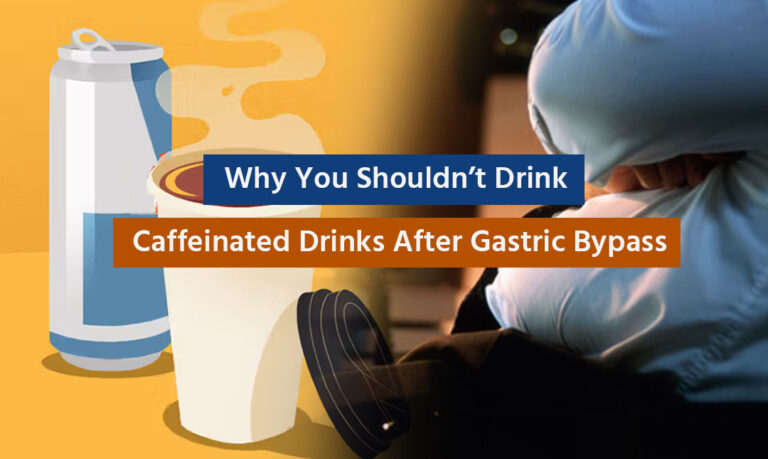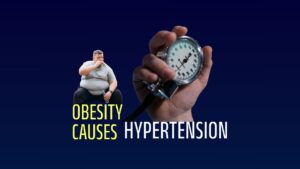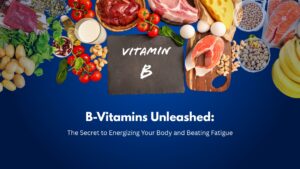
Vidhi Dave
Bariatric Dietician & Content Writer
Why You Shouldn’t Drink Caffeinated Drinks After Gastric Bypass

After having gastric bypass surgery, your life will feel like you have begun a brand-new book that is loaded with amazing opportunities to improve your health. It is a period when you reclaim control of your life, adopting new, better habits and tasting the delicious flavor of achievement along the path of your transformation. A question that frequently comes up in the midst of this joyful transformation is, “What about our beloved caffeinated beverages?”
Many of us have a soft spot in our hearts for caffeine because it is the psychoactive chemical that is consumed the most frequently around the world. Caffeine has been an enduring friend from mornings before work, to late evenings, and everything in between. Whether it’s the ritual of sipping tea, the revitalizing boost of a soda, or that steaming cup of coffee in the morning, caffeine has been there for us through it all.
As you move through the post-gastric bypass phase, you may be considering the place that caffeine will play in your new way of life. On your way to better health, does it act as a friend or an obstacle?
Gastric Bypass -
Before we delve into the world of caffeine consumption after gastric bypass, let’s take a quick look back at what the operation comprises and why it’s such an effective tool for achieving weight loss and improved health in general.
During Roux-en-Y gastric bypass (GBP) surgery, most of your stomach will be bypassed and replaced with a smaller “pouch.” Following surgery, this pouch will have a capacity of approximately one ounce and will be about the size of a golf ball. It will be used to store food that you swallow. Laparoscopic techniques are used to perform an overwhelming majority of gastric bypass operations.
After gastric bypass, the opening connecting the pouch to the intestines will be fixed, looking like a narrow funnel. You won’t be able to consume more than a very meager amount of food at a time. In addition to your stomach, the upper portion of your intestines will also be bypassed, which means that no food will go through that region of your body after the procedure. Because of this, fats will not be are not absorbed.
The most important factor in weight loss is controlling the amount of food consumed. Additionally, levels of ghrelin, which is also known as the “hunger” hormone, decrease, which results in an initial reduction in appetite.
Caffeine and its impact after gastric bypass -
A stimulant of the central nervous system, caffeine can be found in a variety of beverages as well as in certain drugs. Even though it is generally considered to be safe when consumed in modest amounts, it may provide some unusual difficulties for people who have had gastric bypass surgery. After this treatment, it is best to take precaution when it comes to consuming caffeine for a number of reasons, including the following:
Dehydration: Because caffeine is a diuretic, drinking it can cause you to urinate more frequently, which can result in a loss of fluids. Including caffeine in the formula has the potential to make this problem much worse.
Calories with no significant nutritious benefit: A large number of caffeinated beverages, such as sugary sodas and high-calorie lattes, include calories that have no substantial nutritious benefit. After having gastric bypass surgery, it is essential to concentrate on consuming foods and beverages that are high in nutrient density because every calorie counts.
The Potential for Dumping Syndrome: Caffeine may trigger or worsen dumping syndrome. This syndrome develops when food or beverages, particularly those that are heavy in sugar or fat, pass too fast from the stomach to the small intestine. This is especially the case with foods that are high in both of these nutrients. The symptoms of dumping syndrome can include feeling sick, sweating excessively, and having diarrhea.
Alternatives to Caffeinated Drinks -
The good news is that you may find many caffeine-free options that can help you maintain your alertness and revitalization:
Herbal Tea: Chamomile, peppermint, and ginger herbal teas are caffeine-free and calming. They can also help with digestion and create a sense of calm.
Water: It is critical to stay hydrated after a gastric bypass. Plain water not only satisfies thirst but also aids digestion and overall health.
Green Tea: While green tea contains caffeine, it has a lower caffeine content than coffee and black tea. Some individuals find that they can handle it in moderation.
Even though adjustment might be difficult, it is critical to keep in mind that the decisions you make after surgery will have a major influence on your health, vigor, and success in the long run. By committing to a lifestyle that excludes caffeine, you are doing more than just making a sacrifice; you are opening the door to a world of health benefits that have the potential to improve your well-being in extraordinary ways.
Aastha Bariatrics is the center of excellence. Center of Excellence in Bariatric & Metabolic Surgery certification is awarded to a facility and its associated surgeons who have successfully completed the designation process of delivering high quality pre-operative and long term follow-up care.





